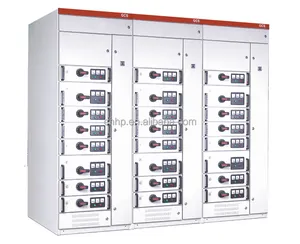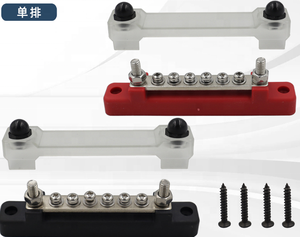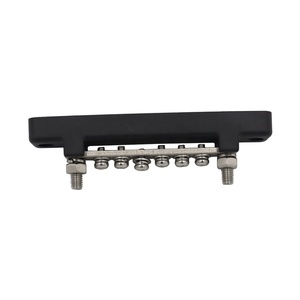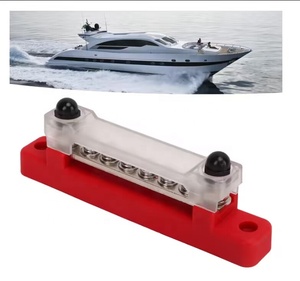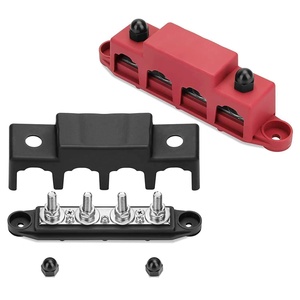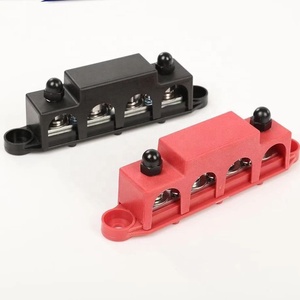Understanding Bus Rail Electrical Systems
Bus rail electrical systems are pivotal in modern electrical distribution, especially in industrial and commercial settings. They function as a streamlined method of transporting electrical energy from a power source to various electrical loads safely and efficiently. With the rising demand for sustainable and efficient power transmission, bus rail electrical systems play a crucial role in ensuring that energy is distributed in a manner that minimizes losses and maximizes productivity.
Types of Bus Rail Electrical Systems
Bus rail electrical systems come in various forms, each designed to cater to specific applications and operational needs. Understanding these types can help businesses select the right system for their needs.
- Copper Bus Bars: Known for their excellent conductivity, copper bus bars facilitate efficient power distribution in electrical systems. They offer high durability and resistance against corrosion.
- Aluminum Bus Bars: Lighter and often more cost-effective than copper, aluminum bus bars are ideal for large-scale applications requiring a balance between cost-efficiency and performance.
- Composite Bus Bars: These innovative bus bars combine the advantages of both copper and aluminum, offering superior strength and conductivity while maintaining a lighter weight than traditional materials.
- Insulated Bus Systems: Designed for varying environmental conditions, these bus systems come equipped with insulation to enhance safety and comply with strict industry standards.
Applications of Bus Rail Electrical Systems
Bus rail electrical systems find their applications across various industries, highlighting their versatility and importance in effective electrical management.
- Industrial Power Distribution: Bus rail electrical systems are extensively used within industrial settings for distributing power to machine tools and other heavy equipment.
- Commercial Buildings: In large commercial buildings, these systems help manage electricity supply efficiently, ensuring that power demands are met without interruptions.
- Data Centers: Given the critical nature of operations in data centers, bus rail systems are integral for reliable power distribution and safety.
- Renewable Energy Installations: Bus rail electrical systems are essential in connecting various sources of renewable energy, ensuring optimal performance and safety across these systems.
Features and Advantages of Bus Rail Electrical Systems
Bus rail electrical systems are characterized by several features that contribute to their effectiveness in power distribution and management. Understanding these features can assist businesses in making informed decisions.
- High Current Capacity: Bus rail electrical systems are designed to handle high current levels, reducing the risk of overload and failure.
- Modular Design: Many bus rail electrical systems utilize modular components, allowing for flexibility in installation and future upgrades or expansions.
- Space Efficiency: Their design facilitates a compact layout, making bus rail systems a space-saving solution for environments where real estate is at a premium.
- Enhanced Safety Features: These systems come equipped with multiple safety mechanisms, including short circuit protection and thermal management, ensuring the safety of operations.
- Reduced Installation Time: The inherent design simplicity of bus rail electrical systems typically results in quicker installation times, lowering overall project costs.




